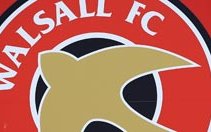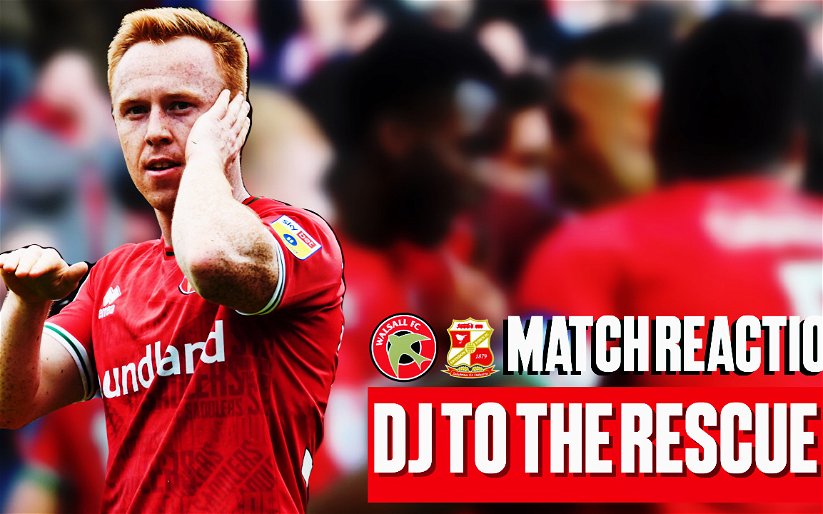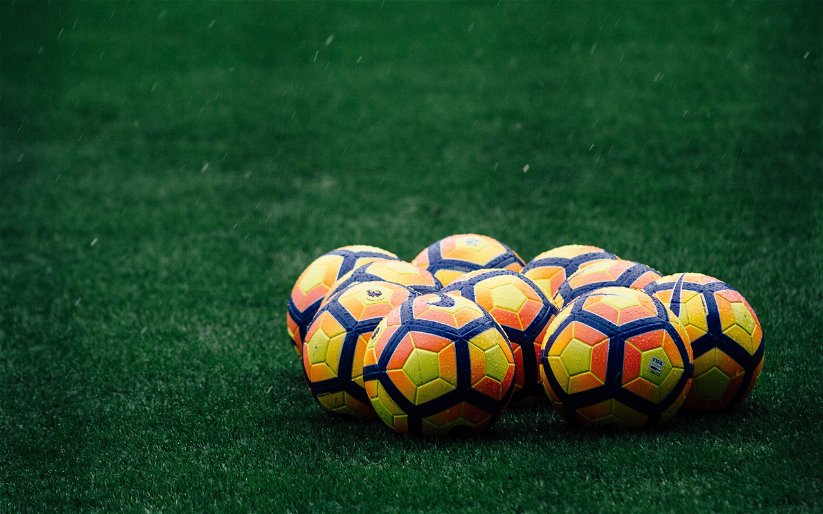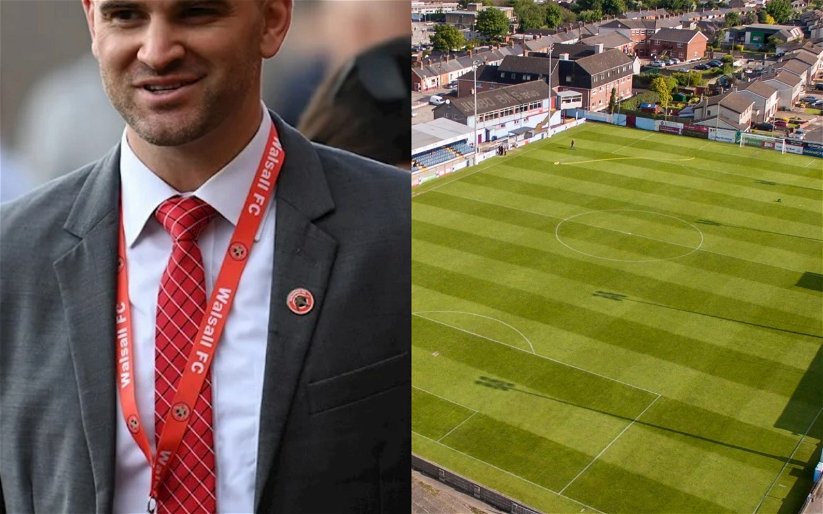Over the next few months we call on all Saddlers fans to inspire the next generation of Saddlers and let us know what you do in your day to day life to inspire others around you
Walsall fan Chris Price has contacted us to share his story on how he formed a football side for young deaf children…..
‘If I could change one thing about my University experience so far; I`d use what I`ve been through to make a difference to those facing the same path?`
In my second year of University; I approached my lecturers about setting up a club that would benefit young deaf children around Worcester; getting them into sport and changing the perception that having a disability meant you lacked the ability to do something. Having played football with able-bodied players, and being aware of the lack of opportunities growing up – I knew first-hand what young children with a hearing impairment were going through.
I worked with several members of University staff and relevant people from Deaf Direct and UK Deaf sport to set up an event that would benefit young deaf children. This required me to set up meetings with staff I wouldn`t usually meet; but it gave me the opportunity to express how important having the event was; and the impact I could have having been through the same things they have. It would also allow an opportunity for young deaf children to socialise with those of similar issues; as well as offer the parents opportunities to meet up and gain advice, with a role model there to show how disability doesn`t mean a lack of ability.
As a result of setting up the first ‘Once a month club` – a multiskills sports event for deaf children; I was still not satisfied I was making the difference I believed I could. So I approached a member of UK Deaf Sport and outlined that I was profoundly deaf myself and had qualifications and experience of playing and coaching in Football. By pure coincidence; Great Britain`s Deaf Football Team were undergoing changes as they were looking for a coach to help with the women`s team – someone with qualifications as well as the motivation and desire to change perceptions and convince these girls that representing their country meant something.
Great Britain Deaf Women`s Football team was set up in 2000, despite the Mens team running since 1924. The increase of female deaf players followed the increase in female players in the ‘normal` game -which allowed more players to represent their country at international tournaments. The squad attended Bulgaria last year and took home the bronze medal; beating Germany and Poland. Next year; the European Championships will be held in Hannover, Germany.
GBDWF are a self-funded team; which means they don`t get any funds from the government or other organisations. Alongside this, each member of staff/players must fund themselves for the tournament; including travel, accommodation and anything they need whilst there. The squad do not get money from the NGBs or the FA; a huge difference in comparison to the main England squad who recently crashed out of the World Cup in Brazil.
To anyone – representing their country would be an honour, a privilege and something many of us would sacrifice anything for. But these players grow up in a society where they are almost shut off from ‘able-bodied` people and the lack of recognition for what they do is shown in their motivation to play. From experience, coping in a hearing world is deemed more acceptable than standing out and being different.
The first coaching session was held for players in the South; at Mary Hare School for the Deaf. This for me was a sign of how different my life could have been; as I was asked to go there for secondary education. I never gave it a thought at the time because society made me feel like I didn`t fit in with the deaf community – and so I chose to do secondary education in a mainstream school.
I wasn`t sure what to expect when I arrived; and for the first time it really hit me that I still felt different when placed within a deaf community – despite the fact that I had more in common with these players. I remember worrying about how I would communicate, or how I would feel if a player signed to me and I didn`t know how to respond. I wrote down all the things I want a coach to do when I`m taking part in a session; but what`s right for me isn`t what`s right for somebody else. The long trip down really made me nervous of how I was going to cope and how I would react in a situation I`ve been on the other side of many times before.
Before I arrived, I met the head coach who would oversee the whole team and be responsible for them throughout the training weekends. He was interested in my background and how I had become the person I was; and he was especially interested in the wide variety of coping strategies I had developed from personal life. I could tell he was impressed d with the strategies I had, and that I had a lot to offer his team. I also met with the sports scientist, another University student, who could speak and sign, and suddenly I was feeling more comfortable with my decision to coach a deaf team.
The players all gathered around the coaches and one by one we were all introduced. When it came to me, I was introduced as ‘Pricey` as the head coach was also called Chris – which caused confusion as the players thought I was an expensive coach!
Through coaching the team; I was starting to feel more familiar with the players, and through all being deaf we felt the same common issues. I got a chance to play alongside the players in a practise match, and it wasn`t long before my hearing aids started to rust; which meant I could not hear. On a Sunday afternoon, this would be chaos as I would need to inform the referee /teammates /coach /opposition, be substituted off and then possibly miss the rest of the game if I could not fix them. For the first time, on a football pitch; I simply took them out, put them in my pocket and carried on playing. It`s how everyone else played, relying on flags and hand signals when an incident had occurred; and the lack of verbal distraction allowed me to be comfortable playing instead of isolated in what I was missing out on.
The next session was held in the North; and for this I ended up at the Reebok Stadium; home of Bolton Wanderers. Seeing the sights reminded me of that night at Bescot when we were sadly beaten by them in the cup – although seeing players like Anelka was always a boost. I planned a session around co-ordination and moving the ball at a fast pace; which got the players switched on to the small amount of time they had during the game. I was halfway through the session when a familiar face I recognised from the TV, Sammy Lee, came over to observe me. Instantly I was nervous again as the guy has so much experience inside him; and it`s not often you get to be observed by someone of his calibre. He came over when I had finished and spoke to me as a coach, but also as a friend; asking why a young student had travelled so far up north and how I was coping with University and as a young player.
Since that day I`ve coached back at my University in Worcester and over in Bedford; where I`ve worked with the sports scientist to devise a fitness programme for all the players based on their individual baseline fitness levels; which helped me to plan coaching sessions relevant to the skills they would need. It`s also interesting to work with the head coach and see how he wants the team to set up and play; as each coach has their own individual way of playing. Over the course of the year, there will be sessions all over the UK as we aim to develop the team and prepare them for the European Championships. As coaches, we`re fully aware of the issues within society and the fact that playing teams from around Europe can give us something to think about but for a young, deaf, university student about to sit his final year; it`s a challenge not many other people are facing?
By Chris Price
Share this article



